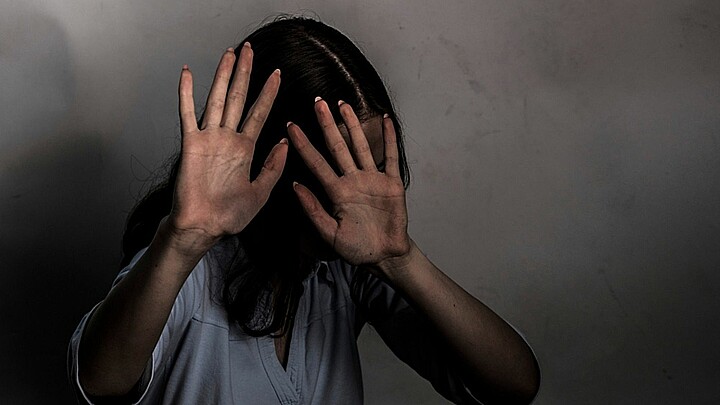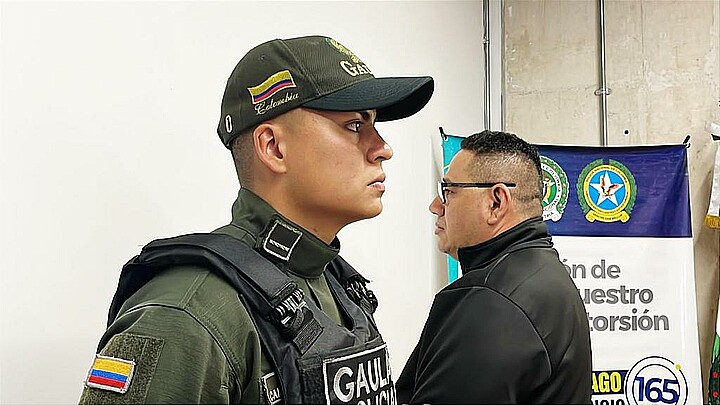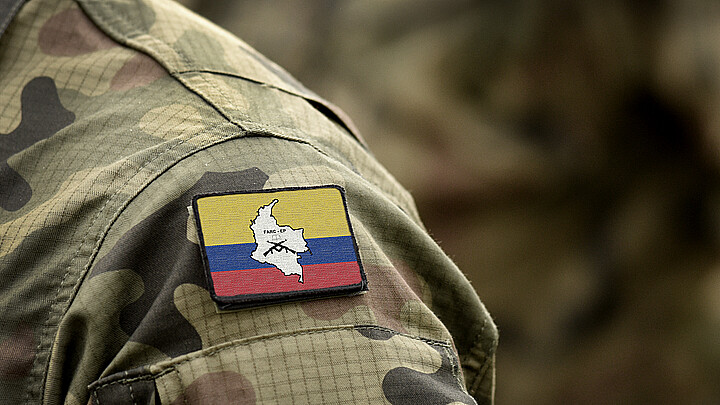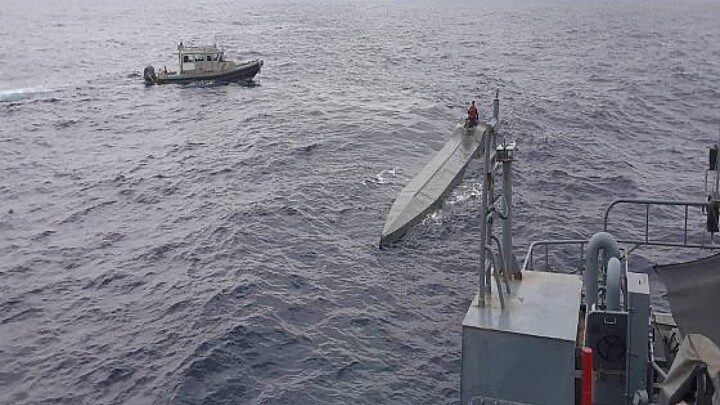Crime
Former Colombian soldiers accused of killing late Haitian president say they are being abused in prison
The Colombian nationals have been imprisoned for 8 months and have allegedly been “victims of torture and severe beatings” and subsequently developed “mental disorders"
March 10, 2022 3:05pm
Updated: March 11, 2022 3:23pm
Eighteen former Colombian soldiers detained in Haiti for their alleged participation in the assassination of Haitian President Jovenel Moïse have claimed that they are presently suffering “violations of human rights, due process and health problems” at the hands of their Haitian captors.
In a letter published on Facebook by the Foundation for the Defense and Representation of the Public Force, family members of the detained said, “They, who remain in the lowest and most degrading conditions, suffering clear and flagrant violations of their most basic human rights, call for the help of not only the national government and the international community but also of the Colombian people and all of those who believe in their innocence.”
The letter further describes the health of the Colombians, who have been imprisoned for more than 8 months already and have allegedly been “victims of torture and severe beatings” and subsequently developed “mental disorders.”
Enalber Vargas, a former soldier, has broken two front teeth, suffers from swelling in his face and respiratory problems. According to his family, he only receives a plate of rice per day and is struggling with malnutrition.
Family members have also reported that he speaks incoherently, dreams of death, hears voices in his head, wakes up screaming at the middle of the night and have began sleep walking.
Another former soldier, Sergeant Edwin Blanquiset Rodriguez, told Colombian media that his team was “deceived” and claimed they had been “abandoned” by the government.
According to Blanquiset, he had been hired to provide security to Haitian politician and doctor Emmanuel Sanon – far from the residence of deceased President Jovenel Moïse. On the day of the assassination, he claims to have received a call from one of his superiors telling him that a police officer would soon stop by to pick up the team.
"The police officer arrived in a van and asked us if we were the body guards. When we arrived, there were more Haitian police officers. We never did anything alone. We never planned anything alone. The police only told us that we were to act as backup,” he told La FM.
The former soldier also reported that he and his team received weapons from the Haitian police and were told that they had been tasked with capturing Moïse.
"According to the police, they had an arrest warrant for the president (...) It was almost two in the morning when we came down from the mountain in seven vehicles. I was in the last one; we went down towards the president's house to make the capture,” he added before noting that the team soon began to suspect something was off.
Las armas nos las dio la Policía de Haití para capturar al presidente: exmilitar colombiano detenido https://t.co/Ir9MoWcoVZ
— La FM (@lafm) March 9, 2022
The Colombian nationals also claimed that they have not been allowed to obtain a lawyer and have yet to stand before a court.
"To date we have not been informed of the reason for our detention, nor of our rights as detainees," they noted.










